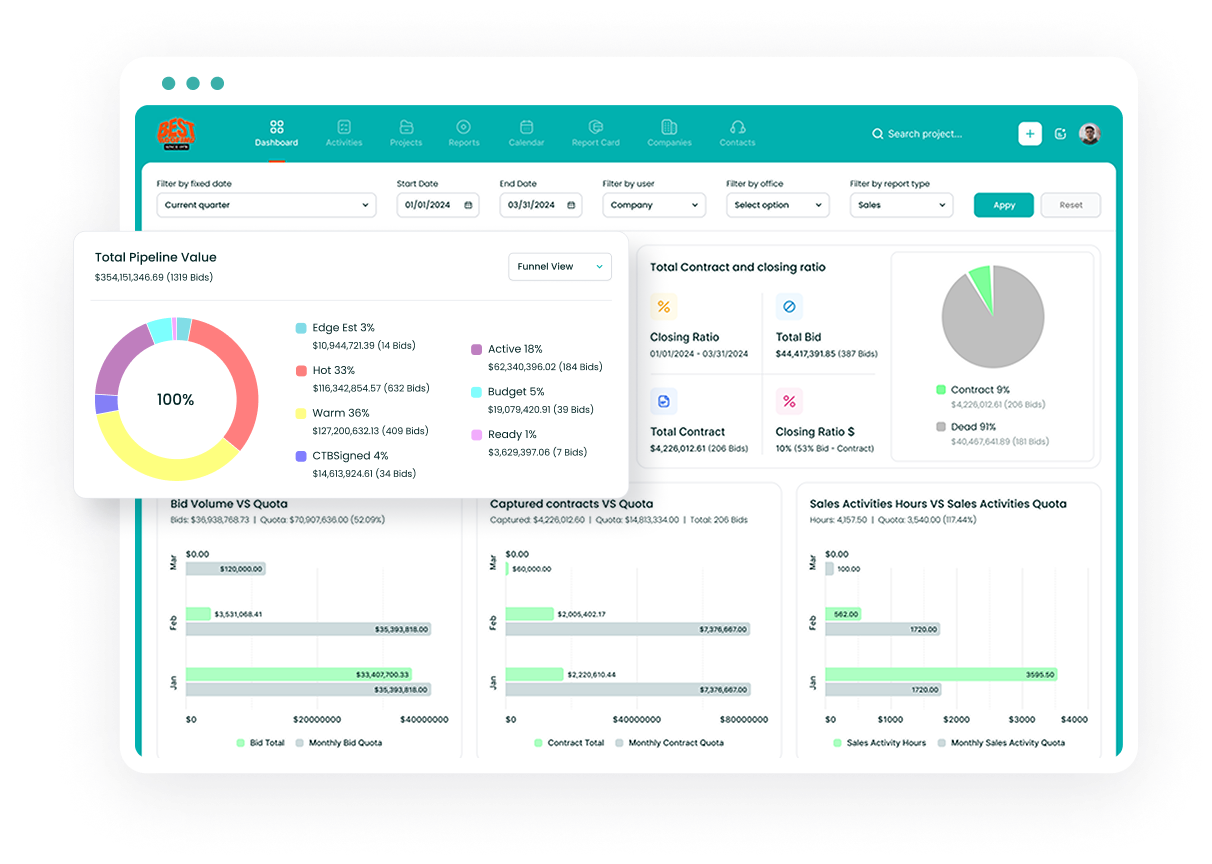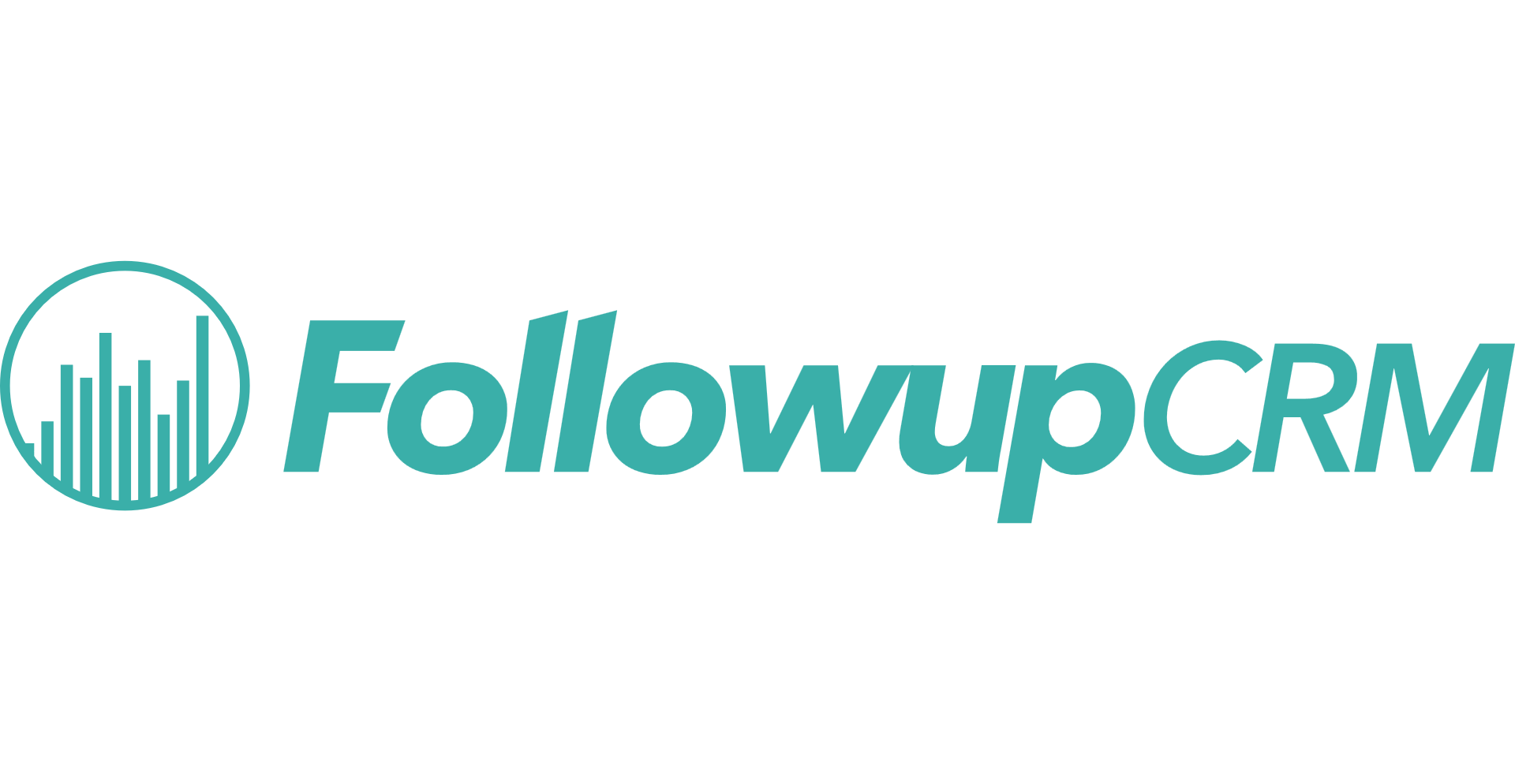How to Buy Sage 100
In today’s competitive business landscape, making the right choice in enterprise resource planning (ERP) software is crucial. Many businesses struggle with inefficient accounting practices, disjointed operations, and inadequate reporting tools. Sage 100 offers a robust solution, enabling businesses to streamline their operations, enhance customer satisfaction, and make informed decisions. This guide will walk you through how to buy Sage 100, ensuring you select the version and features that best suit your company’s unique needs.
What is Sage 100 ERP Software?
In the competitive business landscape of 2025, companies need reliable enterprise resource planning (ERP) software to manage their operations effectively. Sage 100 stands out as a comprehensive solution that addresses common business challenges such as inefficient accounting, disconnected operations, and limited reporting capabilities. This trusted software has evolved to serve various industries while maintaining its reputation for reliability and user-friendliness.
Many businesses find themselves at a crossroads when selecting the right ERP system. Sage 100 offers different versions tailored to specific industry needs, from construction to manufacturing and professional services. The software adapts to growing business requirements while providing consistent performance and scalability.
Small to mid-sized companies particularly benefit from Sage 100's adaptable framework. The software brings together essential business functions into a unified system, enabling smoother workflows and improved decision-making processes. Its modular structure allows organizations to start with basic features and expand their capabilities as needed.
Sage 100 Versions and Applications
The diverse range of Sage 100 versions reflects the varying needs of different business sectors. Each version contains specific features designed to address unique industry challenges and operational requirements. These specialized tools help organizations maintain efficiency while supporting their growth objectives.
Sage 100 Advanced serves businesses with complex operational needs through its enhanced reporting capabilities and detailed business insights. The system processes large volumes of data while maintaining accuracy and providing real-time information access. Users appreciate its ability to handle multiple entities and sophisticated financial structures.
The manufacturing-focused version incorporates specialized production management tools and industry-specific reporting features. It helps manufacturing companies streamline their production processes and maintain optimal inventory levels. The system also facilitates better supply chain management and quality control procedures.
Construction companies benefit from Sage 100 Contractor's specialized features for project management and cost tracking. This version includes tools for managing subcontractors, equipment, and materials while providing accurate job costing information. It also helps construction firms maintain compliance with industry regulations and reporting requirements.
Essential Business Features
A robust ERP system should integrate seamlessly with existing business processes. Sage 100 accomplishes this through its comprehensive set of core functionalities that support daily operations. These features work together to create a cohesive business management environment.
Financial management remains central to any business operation. Sage 100's accounting modules handle everything from basic transactions to complex financial reporting. The system maintains accurate records while simplifying period-end closing procedures and financial statement preparation.
Advanced capabilities extend beyond basic accounting to support specialized business needs. Project managers can track costs, monitor progress, and manage resources effectively. The software provides tools for detailed cost estimation and budget management that help maintain project profitability.
Here are the primary accounting functions that support business operations:
- General Ledger management and financial reporting
- Accounts Payable and Receivable processing
- Bank reconciliation and cash management
- Payroll processing and tax compliance
- Fixed asset tracking and depreciation
Industry-Specific Solutions
Different industries face unique challenges that require specialized software solutions. Sage 100 addresses these needs through targeted features and modules designed for specific sectors. The software adapts to industry requirements while maintaining its core functionality.
Manufacturing companies rely on production management tools to maintain efficient operations. The system helps track raw materials, manage work orders, and monitor production schedules. Quality control processes become more manageable with integrated tracking and reporting features.
Healthcare organizations benefit from specialized billing and compliance features. The software helps maintain patient records, manage insurance claims, and ensure regulatory compliance. Practice management becomes more efficient with integrated scheduling and resource allocation tools.
Professional service firms appreciate the project tracking and billing capabilities. These features help manage client engagements, track billable hours, and maintain accurate project documentation. The system also supports complex billing arrangements and contract management requirements.
Pricing Structure and Options
Businesses need clear information about software costs to make informed decisions. The subscription model for Sage 100 provides flexibility while reducing initial investment requirements. Organizations can choose the most appropriate pricing plan based on their size and usage needs.
User-based pricing allows companies to scale their software investment as they grow. Additional users can be added seamlessly, often at a reduced per-user cost. This approach helps organizations manage their software expenses effectively while maintaining access for all team members.
Consider these factors when evaluating Sage 100 pricing:
- Number of required user licenses
- Selected modules and features
- Implementation and training costs
- Ongoing support requirements
- Data migration needs
Implementation and Support
A successful software implementation requires proper planning and support. Organizations should work with qualified partners to ensure a smooth transition to Sage 100. These professionals help configure the system according to specific business requirements while providing necessary training and support.
The implementation process involves several stages, from initial setup to final deployment. Data migration requires careful attention to ensure accuracy and completeness. System configuration should align with established business processes while incorporating any necessary customizations.
Training plays a vital role in software adoption success. Users need comprehensive instruction on system features and functionality. Ongoing support helps address questions and resolve issues as they arise during daily operations.
Data Security and Compliance
Modern businesses must prioritize data protection in their software systems. Sage 100 incorporates advanced security features that safeguard sensitive information while maintaining accessibility for authorized users. Regular updates ensure the system stays current with evolving security standards and compliance requirements.
Security protocols extend beyond basic password protection to include role-based access controls. Administrators can define specific permissions for different user groups, ensuring employees only access information relevant to their responsibilities. The system maintains detailed audit trails of all transactions and data modifications.
Multi-factor authentication adds an extra layer of protection for sensitive operations. Users must verify their identity through multiple methods before accessing critical system functions. This approach significantly reduces the risk of unauthorized access while maintaining operational efficiency.
Organizations can establish custom security policies that align with their specific requirements. These policies may include password complexity rules, session timeout settings, and IP-based access restrictions. Regular security assessments help identify potential vulnerabilities and implement necessary improvements.
Integration Capabilities
Business software must work harmoniously with existing tools and systems. Sage 100 provides robust integration options that connect various business applications and data sources. This connectivity eliminates data silos and promotes efficient information flow throughout the organization.
Third-party applications enhance system functionality through specialized features. These integrations expand the software's capabilities while maintaining data consistency across platforms. Users can access information from multiple sources within a single interface.
Custom integrations address unique business requirements not covered by standard connections. Developers can create specialized interfaces that link Sage 100 with proprietary systems or industry-specific applications. These customizations help organizations maintain their competitive advantage while leveraging existing investments.
Mobile Access and Remote Work
The modern workplace demands flexible access to business systems. Sage 100 supports remote work through secure mobile access options that keep teams connected regardless of location. Mobile capabilities enable real-time decision-making and improved collaboration across departments.
Field personnel benefit from immediate access to customer information and transaction processing. Sales teams can check inventory levels, process orders, and update customer records directly from their mobile devices. This mobility improves customer service while reducing response times.
Remote workers maintain productivity through secure system access from any location. Cloud-based deployment options eliminate the need for complex VPN configurations while ensuring data security. Teams can collaborate effectively regardless of physical location.
These mobile features enhance operational efficiency:
- Real-time inventory and order management
- Mobile expense tracking and approval
- Customer information access and updates
- Document sharing and collaboration tools
- Time and attendance tracking
Performance Optimization
System performance significantly impacts business productivity. Organizations should implement specific strategies to maintain optimal Sage 100 operation. Regular maintenance and monitoring help prevent performance issues while ensuring consistent system availability.
Database optimization plays a crucial role in system performance. Regular cleanup of obsolete data and proper indexing improve response times. Automated maintenance routines help maintain system efficiency with minimal manual intervention.
These performance enhancement steps ensure smooth operation:
- Schedule regular database maintenance and optimization tasks.
- Monitor system resource usage and address bottlenecks promptly.
- Archive historical data to maintain optimal database size.
- Update system configurations based on usage patterns.
- Implement load balancing for high-traffic periods.
Maximize Your Sage 100 Investment Today
Implementing Sage 100 represents a significant step toward improved business operations. The software provides comprehensive tools that streamline processes and enhance decision-making capabilities across organizations. Its adaptable framework supports growth while maintaining operational efficiency.
Success with Sage 100 requires proper planning and ongoing commitment to system optimization. Organizations should work closely with qualified partners to ensure proper implementation and utilization of available features. Regular training and support help teams maximize the benefits of their software investment.
Consider scheduling a consultation with a certified Sage 100 partner to evaluate your specific needs. These professionals can help develop a customized implementation plan that aligns with your business objectives. Their expertise ensures you receive maximum value from your software investment while avoiding common implementation challenges.
The CRM Built For Construction Companies
No more disorganized data. Track your leads, bids, and customers all in one place.
Seamless Integration with:
✅ Foundation ✅ Viewpoint ✅ Sage and more

Request a Live Demo Now
Learn more about how Followup CRM can help your construction company grow.





-Nov-13-2024-04-03-51-6694-PM.webp)

-Jan-28-2025-06-31-46-4884-PM.webp)
-Jan-28-2025-04-58-41-0950-PM.webp)